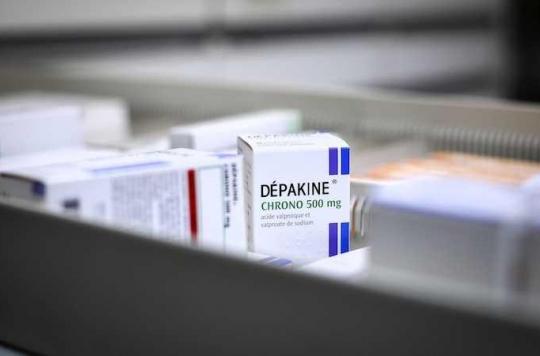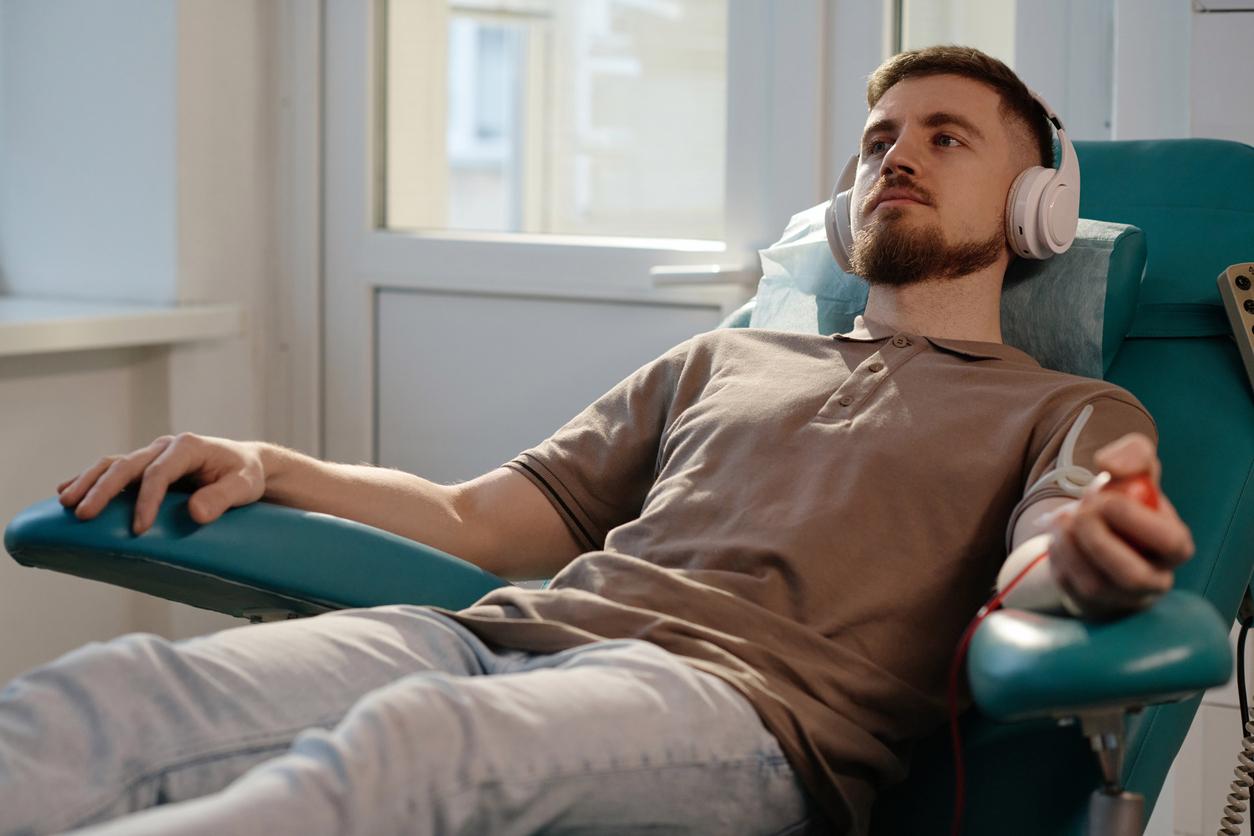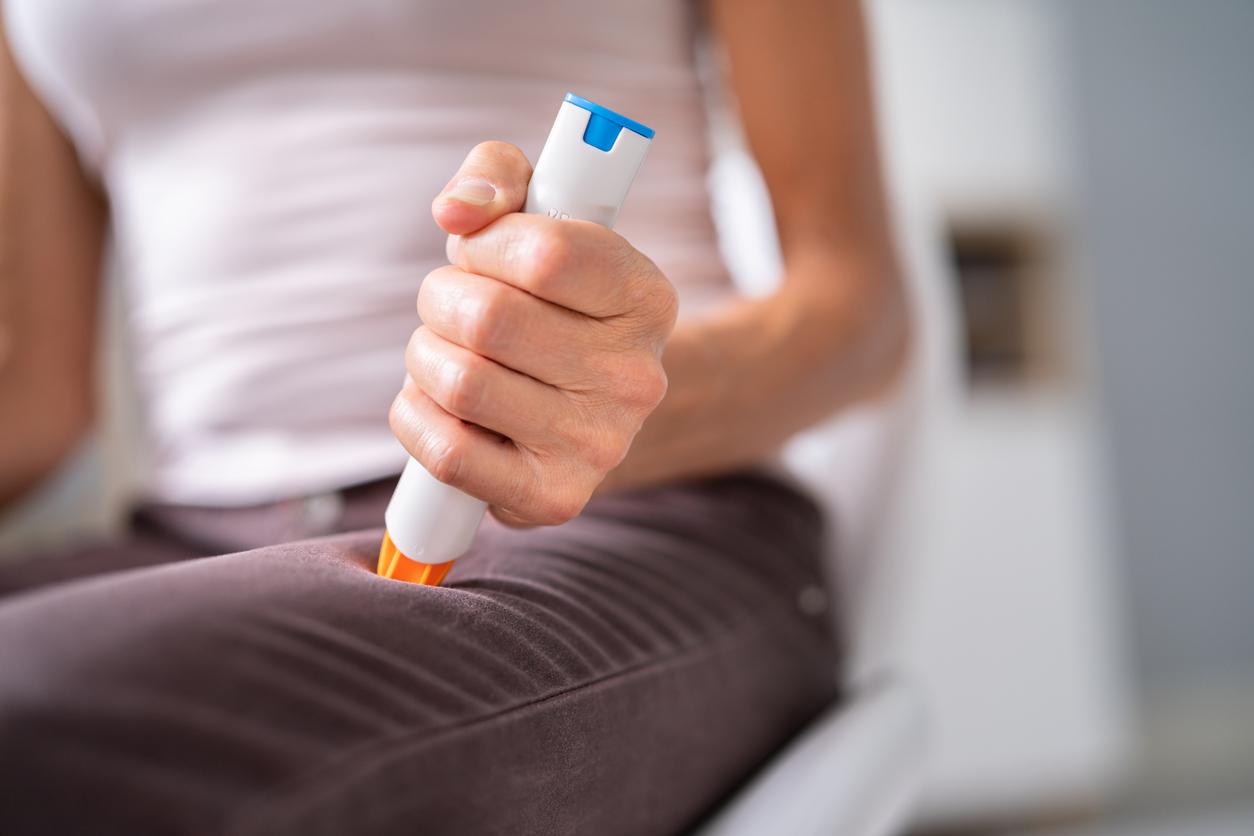INTERVIEW – The director of the National Medicines Safety Agency reviews the Dépakine file and the lessons learned from this case.

When Dominique Martin took over the ANSM in 2014, he inherited the “Dépakine affair”. Thousands of babies are victims of an anticonvulsant taken by their mother during pregnancy to treat epilepsy. Thousands of children born with severe deformities and frequent neurodevelopmental damage.
As early as the 1980s, we knew it: sodium valproate has teratogenic effects. However, thirty years later, pregnant women or women of childbearing age were still prescribed this antipelipetic drug, which we learned in 2005 that it also causes neurodevelopmental disorders in children exposed in utero. To families, nothing has been said about these risks; the message to prescribers did not get through. Today, they want to understand and obtain redress from the courts.
So, all eyes turned to the agency, supposed to ensure security around drugs and prescriptions, protect the health of populations receiving treatment. What flaws does this case reveal? How does the agency analyze it, what lessons has it drawn? Interview with Dominique Martin, the director of ANSM, whose mandate which ends at the end of the summer was marked by a major challenge: to take charge of the Dépakine affair.
As it says, has the laboratory alerted the agency in the early 2000s to these problematic prescriptions?
Dominique Martin: This point is discussed before the judge. I cannot settle a debate which will be settled by justice. I think the responsibility is collective in this public health drama. It is not normal that measures were not taken sooner, it is indisputable. But we can’t blame each other; we all have to take responsibility, we owe the whole truth to families. Today the agency’s responsibility is to collaborate with Justice, which it does.
How was the ANSM able to miss these thousands of exposed children, some of whom until 2015?
Dominique Martin: We cannot say this, even though there have been pharmacovigilance signals over time. The documents intended for patients and doctors have been modified and adapted in line with scientific knowledge. The question that arises is the following: has the level of alert and intervention always matched the knowledge at our disposal, in particular on neurodevelopmental delays between 2005 and 2010? Could the restrictive measures that we put in place after 2014 have been taken before? It is this debate which will be decided by a judge.
Responsibility is collective in this public health drama. We owe the whole truth to families.
How do you prevent a similar situation from happening again?
Dominique Martin: We did a retrospective analysis of the situation. We have drawn the conclusion that we must be reactive very early on, especially during the delicate period when information emerges, but where we do not have certainty about the risks because the data are still contradictory. We have taken a firm position: very early on, even when we are not sure, as a precaution, we give out the information.
It was also a question of getting out of the idea, which probably dominated for years, according to which it was not necessary to directly inform the women so as not to worry them, to risk causing abortions, but on the contrary to address only to women. ‘to doctors. For me, this is a totally outdated idea. I participated in the development of the law of 2002 on the rights of patients (on informed consent, editor’s note), I defend the fact that we must give all the information to patients, not tell each other stories about what we can or cannot say to them. The agency has adopted this dynamic of early information, even if the risk can be ruled out a posteriori.
Dominique Martin, director of ANSM: ” As soon as we have an alert, we give the information. We did it for antidepressants and pregnancy, although there is no consensus. “
Does this file call into question your ability to contact prescribers who have not heard your messages?
Dominique martin : In fact, in the case of valproate, the problem is not that we did not know the risks; but obviously the information that existed in the documents for physicians and patients was not taken to the level where it should have been. This raises the question of our ability to ensure that our messages pass to doctors, to have direct relations with patient associations, to create links between one and the other …
Valproate is very iconic. We wanted to multiply the tools to address both the doctor and the patient. Moreover, in February, with the CNAM, we sent personalized letters to prescribers and patients of childbearing age to tell them: be careful, you have prescribed or received valproate, talk about it in consultation, check that the conditions information has been gathered. This represents tens of thousands of letters; this is the first time that an initiative like this has taken place. It may seem anecdotal, but it is nevertheless the key: I am convinced that risk prevention has its source in the dialogue between doctors and patients. A study will tell us if these mails, added to other risk reduction measures, have reduced the number of prescriptions, which has already started to decline.
Didn’t the agency sin by not contraindicating the drug in women of childbearing age?
Dominique Martin: When I arrived at the ANSM, the arbitrations for the revision of the MA for medicinal products based on valproate had just been launched at the European level. For our part, we could not restrict the MA, since it is a European procedure. Moreover, we interviewed neurologists and they considered that the contraindication was not possible in epilepsy. In some situations, patients cannot do without this medicine.
On the other hand, for mood disorders, psychiatrists have confirmed to us that there are alternatives. We reported it to the European Medicines Agency (EMA) and a contraindication procedure has been launched at European level. Depakote and Depamide will be contraindicated in bipolar disorder in women of childbearing age in France in the coming weeks.
.

















